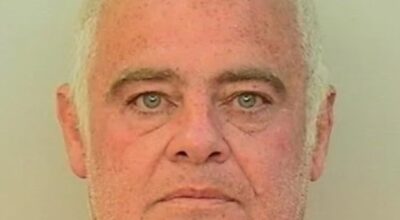Southwest Louisiana lawmakers discuss state’s budget surplus
Published 2:32 pm Saturday, October 19, 2013
Gov. Bobby Jindal’s administration announced Friday that the state has a nearly $163 million budget surplus from the previous fiscal year, something several Southwest Louisiana state lawmakers said is welcome news given the last few years of budget struggles.
Members of the Joint Legislative Budget Committee heard the announcement from Kristy Nichols, commissioner of administration.
Sen. Ronnie Johns, R-Lake Charles, said most of the surplus dollars came from income tax returns. Johns sits on the Senate Finance Committee.
“People are making more money through the job market,” he said. “Anytime we can end a year with surplus instead of a deficit, that’s a good thing.”
Sen. Dan “Blade” Morrish, R-Jennings, said the surplus shows that the state “managed (its) money and spent it wisely and conservatively.”
“You can make all the criticisms and analyses that you want, but it’s better than a deficit,” he said.
Rep. Mike Danahay, D-Sulphur, said the announcement was a “good surprise.” He said an improving economy combined with a well-crafted budget are two possible reasons for the surplus.
“Various upticks in the economy are happening here that may not be happening in the U.S.,” Danahay said. “There were good financial decisions made at the state level, and as tough as it has been, the effort to bring our fiscal house in order is hopefully paying off now.”
Danahay and Rep. Brett Geymann, R-Moss Bluff, said they would like higher education to benefit from some of the surplus money. Johns said he would like to add some surplus money to the state’s “rainy day” fund or use it to reduce the state’s unfunded accrued liability for the four major retirement systems.
The legislative auditor has to review the surplus amount before it is approved. After that, the money can be used on a few items, according to the state constitution. They include putting it into the rainy-day fund or using it for coastal restoration, road construction projects, retirement debt or bond payments.
(wikimedia commons)





